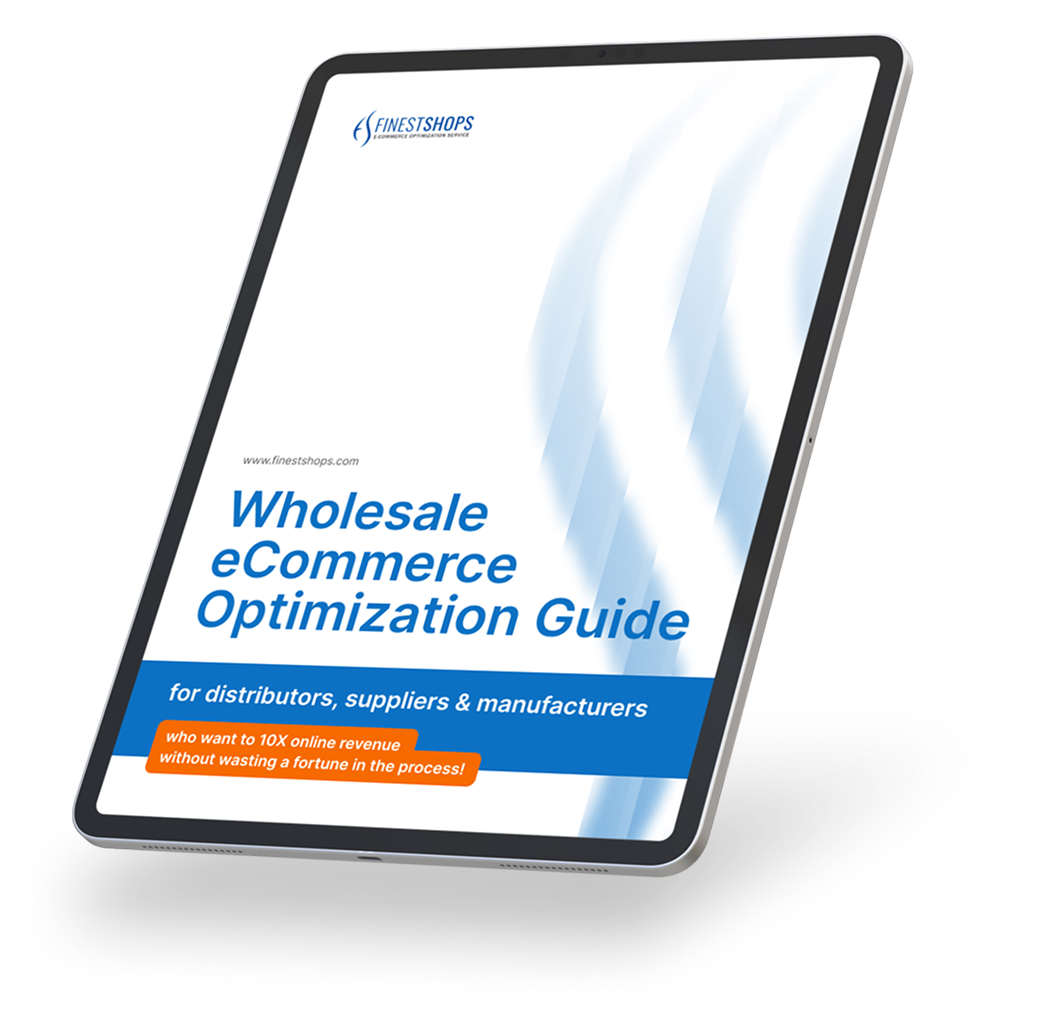Ecommerce and online retail are changing the face of business as we know it. However, despite the accelerating transition away from traditional brick-and-mortar establishments, many of the nuts and bolts of running a successful business remain the same in the eCommerce sphere. As a result, it is essential to consider the following 5 points to maximize value when selling your eCommerce / retail business.
1. Receive a Professional Valuation
For most people, building a business represents their life’s work. As a result, it can be easy to put a price tag of “everything” on the business prior to listing.
However, the sentimental value will not mean nearly as much to prospective buyers as it does to the person who built it from the ground up. To find an equitable middle ground, it is essential to work with professionals experienced in business valuation to get an objective estimate on what the business is worth.
To get a ballpark estimate of a reasonable figure, most business brokerage firms use some sort of company valuation calculator to assess your business along with a few important profitability metrics, such as:
- Current operating profit
- Expected annual growth
- How long growth is expected at the forecasted rate
Once a rough estimate is arrived at, the brokerage firm will begin looking at the business along some more advanced lines. Are there any risks that may unexpectedly undermine the business in the future? Is there any litigation or extenuating circumstances serving as the impetus for the sale? Does the business have an infrastructure that readily allows for change?
2. Have a Gameplan for How to Manage Personnel

One of the most overlooked aspects of how to value a business is the employees. On balance sheets, employee wages, salaries, bonuses, and benefits get tallied up as an expense. However, savvy business owners–and prospective buyers–know that a business is only as good as the people with whom it partners, making good employees one of a company’s most valuable assets.
Therefore, it is critical that you do not sell your business out from under your employees. Discovering that their place of employment is up for sale can feel threatening to their livelihood–especially in an eCommerce atmosphere in which their replacement can likely be chosen from a global talent pool.
Keep your employees apprised during the transition, and consult with them on their future options. Let them know that you have taken steps to ensure their continued affiliation with the company. Remember, if the buyer can see that he or she will be inheriting a strong team that will limit the training/onboarding investment during the transition, the purchase will be all the more desirable.
3. Make Sure the Financials Are Meticulously Laid Out

Selling your goods and services online by no means guarantees that you are an accounting wizard. In fact, as a quality website and eCommerce selling platform allow for electronic payments and make transactions largely hands-off, it can be easy to let your website deposit funds in your bank account each month and forget about the overarching financials that provide a portrait of a business’s health.
However, one of the most crucial steps in selling a business is taking the time to get your finances organized. Buyers are not interested in a business that has been able to fund your lifestyle–they want to see hard evidence of what they will be inheriting.
During this process, it is strongly advisable to hire a professional consultant to make sure that everything is in order. At a minimum, an accounting professional will help create the following documents in a clear, digestible format for prospective buyers to analyze:
- Last three years of tax returns
- Income statement
- Cash flow statement
- Balance sheet
In addition, you should be able to provide a detailed account of all inventory on hand, any real assets that will accompany the sale, and documentation of meeting minutes and company policies.
4. Provide Proof of Competitive Advantage
If a prospective buyer is taking the time to inquire about your business, there is a strong likelihood that he or she is already aware of its potential. However, although online businesses have the ability to address a global market, it can sometimes be a bit more difficult to pinpoint exactly what it is that the business “does” when compared to traditional brick-and-mortar companies.
Therefore, in order to appeal to the largest pool of potential buyers, it is essential to demonstrate the market your business addresses and how it provides a competitive advantage over rivals. The barriers to entry are significantly lower for competitors in the ecommerce realm, so some key information buyers will want to see are:
- Data on how much traffic your website generates, including the total number of visits and average visit time
- The average size of a typical shopping cart
- The business’ current infrastructure for order processing, handling, and delivery
- A marketing and lead generation plan
5. Determine Whether or Not the Timing Is Right
For most types of investment, trying to perfectly time the market has proven to be a losing proposition. However, selling a business is an exception where proper timing is critical in maximizing value.
While there are some investors who look to scoop up businesses on the cheap and hold them until the market turns around, many buyers will need to use the revenue from the business as a personal income stream. As many businesses are in poor position to provide this, only about 20-30% of listed businesses actually sell.
Therefore, it is essential that you time your exit to maximize your return. Do not sell until your business has achieved a clear path to profitability. Make sure that the current and near-term market conditions look strong to avoid a situation where you sell your business to a value investor for pennies on the dollar.
5 Essential Considerations When Selling Your Ecommerce Business
Selling an eCommerce business requires careful planning and execution in order to maximize value. To help achieve this end, consider a professional valuation, have a gameplan for managing employees, get the company finances in order, provide proof of competitive advantage, and analyze whether or not the timing is right to make an exit.
Guest Post by Greg Harris author of LogisticsMusings.com

